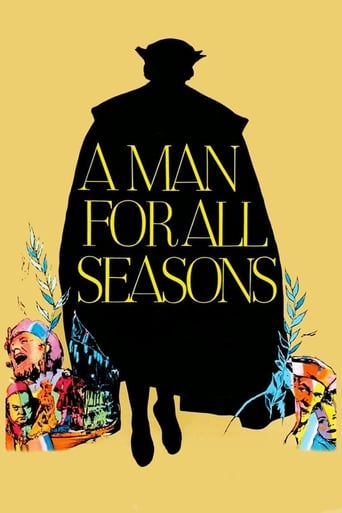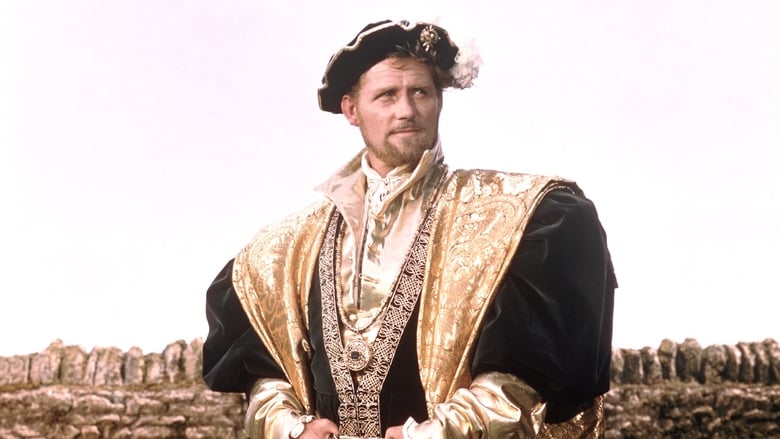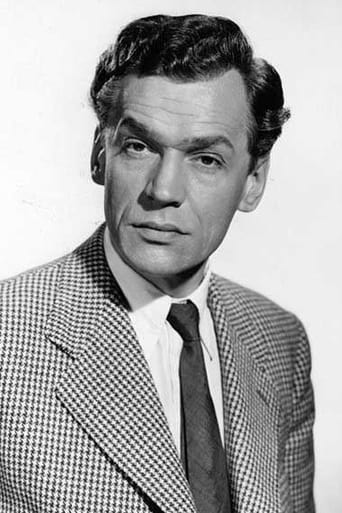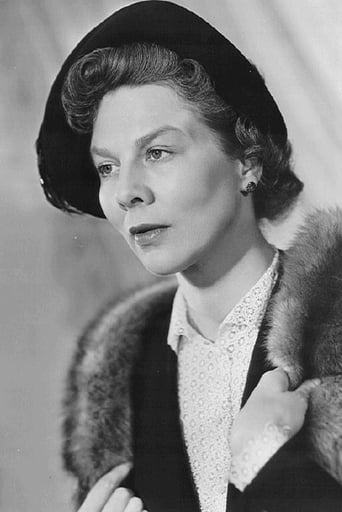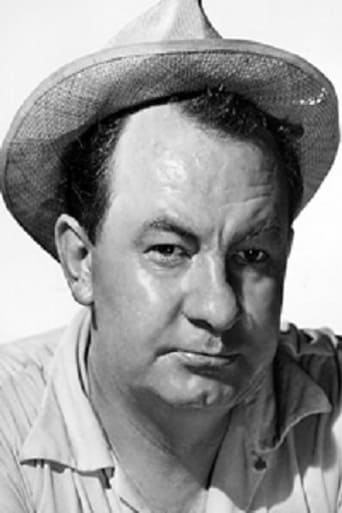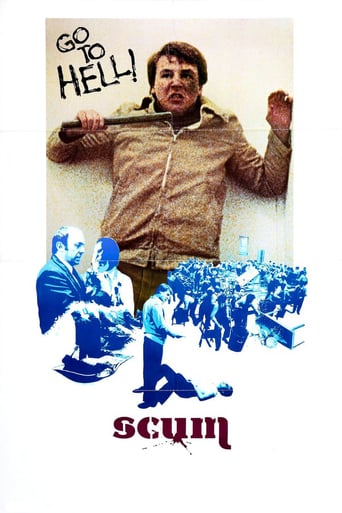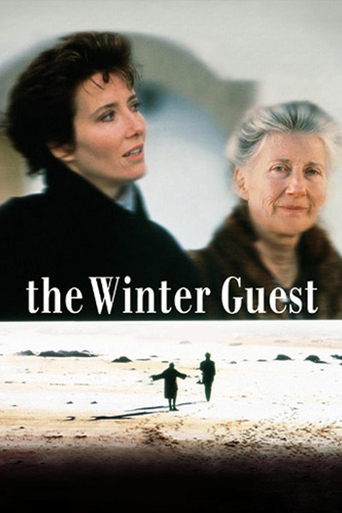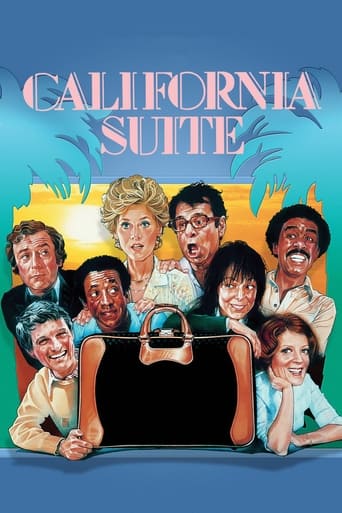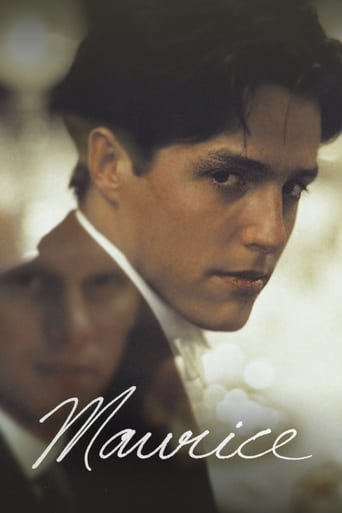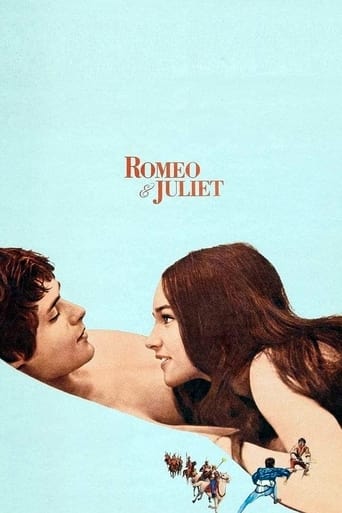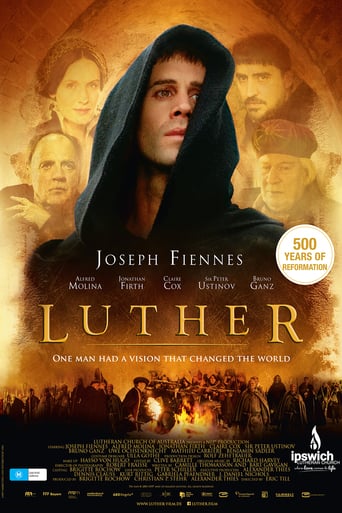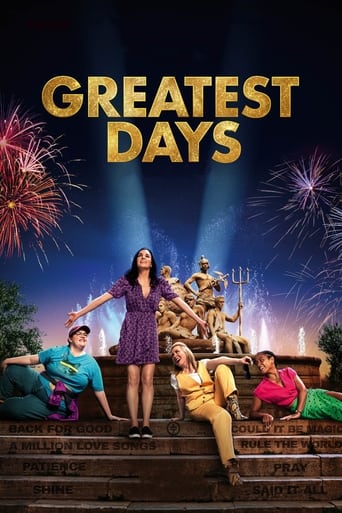A Man for All Seasons (1966)
A depiction of the conflict between King Henry VIII of England and his Lord Chancellor, Sir Thomas More, who refuses to swear the Oath of Supremacy declaring Henry Supreme Head of the Church in England.
Watch Trailer
Cast


Similar titles
Reviews
So much average
A Masterpiece!
I wanted to like it more than I actually did... But much of the humor totally escaped me and I walked out only mildly impressed.
The best films of this genre always show a path and provide a takeaway for being a better person.
Although Paul Scofield's performance is Oscar-deserving, overall this one is not worthy of the "Best Picture" Academy Award it won. Some of the casting could have been better. Orson Welles appears drunk and does not play Wolsey nearly as well as Anthony Quayle in Anne of a Thousand Days. Leo McKern is not as convincing as Thomas Cromwell as was John Colicos in that movie. Robert Shaw gave a poor performance as Henry VIII - his spitting at the mouth during his loud ranting, and maniacal laughing at other times was over-the-top and made the ruthless but shrewd king appear to be insane. The comment at the end that Henry died of syphilis is not historically accurate. However, most of the rest of the cast (for example John Hurt) perform very well. History reveals Thomas More to be clever and pious, but also stubborn and self-righteous, so his portrayal in the movie is historically accurate. The movie is for the most part well- written and the cinematography is very good.
A Man for all Seasons is a 1966 film directed by Fred Zinneman. It tells the story of the final years of Sir Thomas More. Like Elizabeth, the film was praised and won an impressive six Oscars. It was an adaptation of a play written by Robert Bolt and this is important to note, unlike certain adaptations that would come years later. A Man for all Seasons sticks much, much, closer to the actual history. In fact, only very minor details were changed as opposed to the almost fantasy-like take on Queen Elizabeth. While both are great films, A Man for all Seasons has a little more of my respect because of this. Now to the movie's story.The film centers on Sir Thomas More, played excellently by Paul Scofield, who refuses to submit in the face of ever increasing pressure. More is portrayed as a man who adhered to his religion no matter the consequence. Interestingly enough, the DVD I purchased had the tagline "His silence was more powerful than words". At first, I had not a clue what that meant. After watching the film, I see now that the meaning behind it is really rather tragic. In the face of threats and endless persecution from his peers and King Henry VIII himself, More refused to crucify himself by openly declaring his reasoning. It was a clever way of going about it, but also sad in that a man had to resort to such tactics in the first place.Of course , in the end it is not enough to save the main character from the king's wrath. Unfortunately, he goes the way of the martyr. In so doing, however, he became an impeccable symbol of virtue and strength. By refusing to allow politics to mold his beliefs, Sir Thomas More became a testament to integrity. The movie's theme is wrapped up cleverly inn its very title. Sir Thomas More truly was a Man for all Seasons.
Directed by one of the all-time great film directors Fred Zinnemann & with a really brilliant screenplay written by Robert Bolt, "A Man For All Seasons" is just about as perfect a movie as is possible to make. The movie gives an account of the conflict which took place in the 16th century between King Henry V111 & his Lord Chancellor Sir Thomas More, which eventually led to More's execution. Paul Scofield gives a towering acting performance as Sir Thomas More with Robert Shaw (also extremely good) as Henry V111. After the Pope in Rome refused to annul his marriage to Catherine Of Aragon the King separated himself from the Catholic Church & proclaimed himself head of the newly- created Church Of England. More refused to sign the Oath Of Supremacy acknowledging the King's position & also refused to countenance the divorce which would leave the King free to marry Anne Boleyn. The Duke of Norfolk (Nigel Davenport) tries to persuade him to sign a document sanctioning the divorce but More adamantly refuses. The Duke tells him that it doesn't really matter whether he believes in granting the King a divorce or not & that he should sign it anyway, "for fellowship". More answers him by saying, "And when we stand before God & you are sent to heaven for doing your conscience & I am damned & sent to hell for not doing mine, will you accompany me there for fellowship?". After he resigned as Lord Chancellor More maintained an attitude of silence before & during his trial regarding the kings divorce. His thinking was that by doing so they would be unable to gain a treason conviction against him. More hoped he would then be left alone to live out the remainder of his life in peace & quiet. However, the angry King wanted More's head & there was never any chance of that!. Thomas Cromwell (Leo McKern), the ruthless & unscrupulous chief minister to the King got an ambitious, young (& equally unscrupulous) nobleman Richie Rich (John Hurt) to bear false witness against Sir Thomas More which helped to convict him. Cromwell rewarded Rich for his treachery with a chain of office. When More sees it he finally breaks his silence. "Why Richie, isn't that the chain of office for the Ministry of Wales? It profits a man nothing that he sells his soul to the devil for all the world, but to do it for Wales!". As I said at the start Robert Bolt's screenplay is just brilliant. He took the movie's title from a writer & poet who knew him & lived during Sir Thomas More's lifetime. Robert Whittington described him thus:-"More is a man with an angel's wit & singular learning. I know not his fellow. For where is the man of such gentleness, lowliness & affability. And, as time requireth, a man of marvellous mirth & pastimes, & sometimes of sad gravity. A man for all seasons". Jonathan Swift wrote that More was "a man of the greatest virtue this kingdom ever produced". Just before the axe came down severing his head from his body More is reputed to have said, "I die the king's good servant, but God's first".
Try to imagine a time when there was only one "Church", where diocesan/papal power was supreme and separation from the Church body was the one of the most terrifying punishments that could be meted out. And in this same time temporal kings absolutely believed that it was their divine right to rule with impunity over the masses.Combine these conditions with a transcendent confrontation between 2 of the most intricate and influential intellectual giants of the era and you've got the basis for a truly epic tale - and it's not fiction.Add a gifted modern playwright and a superb cinematic director and let them work their magic. The result is one of the finest dramatic expositions ever brought before the public.There are plenty of other commenters with details and technical observations far superior to what I could offer so I won't bother adding to them. I will say that if you figure there could be nothing remotely interesting or inspiring in a conflict between a narcissistic, power-mad potentate and a pious religious scholar you're absolutely wrong and missing out on a real opportunity.

